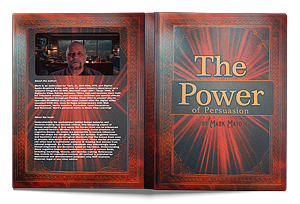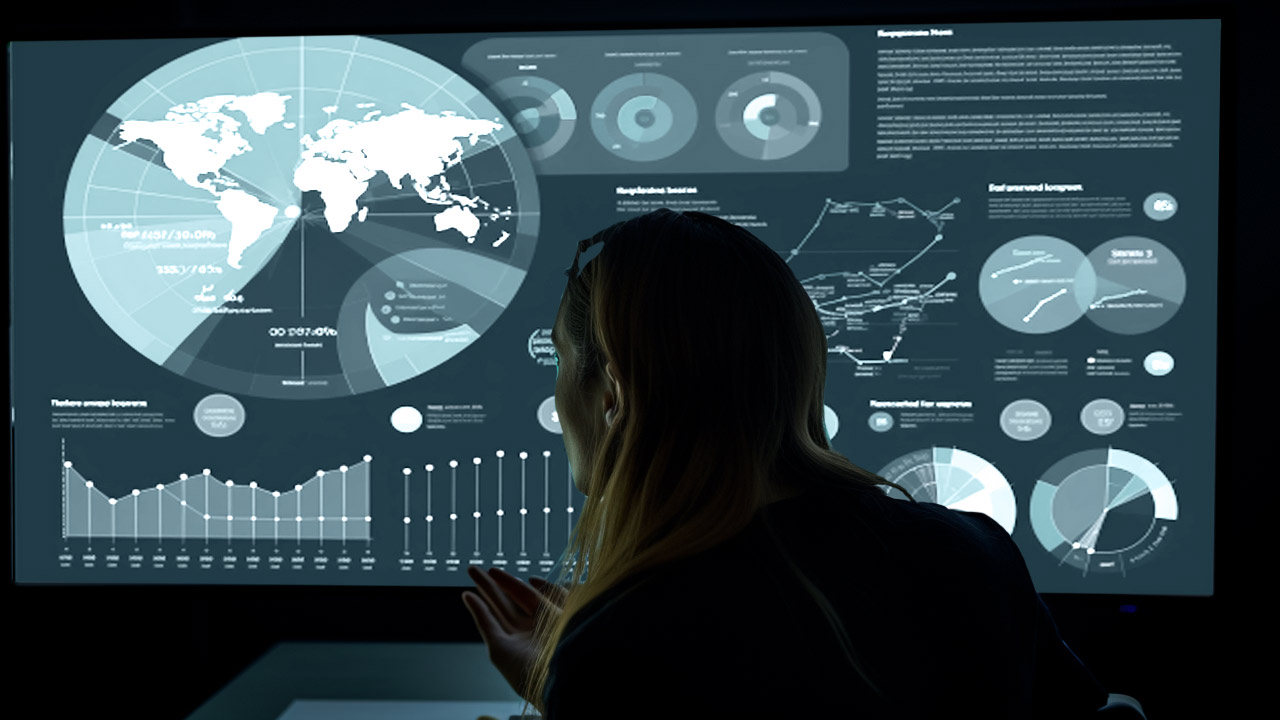As digital marketing continues to gain prominence in the modern business landscape, understanding the typical working hours of digital marketers becomes increasingly important for those looking to pursue a career in this dynamic field. Digital marketing is a diverse industry that encompasses various roles, such as content creation, social media management, search engine optimization (SEO), pay-per-click (PPC) advertising, and email marketing. These professionals play a critical role in shaping a company’s online presence and driving customer engagement, making their work schedules an essential consideration.
The work schedules of digital marketers can vary significantly based on a range of factors, including the type of organization they work for, their specific job responsibilities, the nature of the projects they’re involved in, and their geographic location. Digital marketers might work for large corporations, smaller businesses, marketing agencies, or as freelancers, each of which can have a different impact on their working hours. Additionally, certain roles may demand more flexibility or extended work hours, while others allow for more predictable schedules.
In this comprehensive article, we’ll delve into the average working hours of digital marketers across different roles and explore the factors affecting their work schedules. We’ll also discuss the importance of striking a healthy work-life balance in the digital marketing industry and offer practical tips for achieving this balance. With a thorough understanding of what to expect from a career in digital marketing, aspiring professionals can make informed decisions about their future in this exciting and rapidly evolving field.
Overview
The working hours of digital marketers can vary depending on their job responsibilities, the size and type of the organization, and the specific demands of their role. In general, digital marketers can expect to work between 40-50 hours per week, although this can fluctuate based on various factors.
Factors that Influence Working Hours
- Type of organization: Digital marketers working for large organizations, agencies, or as freelancers may have different work hours. Large organizations and agencies may require more structured working hours, whereas freelancers often have the flexibility to set their own schedules.
- Job responsibilities: A digital marketer’s specific role within a company or team can affect their working hours. For instance, social media managers who need to monitor and respond to comments and messages might work outside traditional business hours, while content creators might work more independently and have flexible hours.
- Project deadlines: Digital marketing projects can have tight deadlines, which can result in longer work hours to ensure everything is completed on time. This can be especially true for marketers working in fast-paced industries or on high-stakes projects.
- Location and time zones: For digital marketers working with international clients or colleagues, coordinating across different time zones can lead to non-traditional working hours.
Typical Work Hours for Different Digital Marketing Roles
Content Creators
- 40-45 hours per week
- More flexibility with their schedules
- Deadlines can require additional hours
Social Media Managers
- 40-50 hours per week
- Monitoring and responding to comments and messages outside traditional business hours
- Managing multiple social media platforms and campaigns
SEO Specialists
- 40-45 hours per week
- Regularly monitoring and analyzing website performance
- Staying up-to-date with SEO best practices and algorithm updates
PPC Specialists
- 40-50 hours per week
- Monitoring and optimizing campaigns regularly
- Researching and implementing new advertising strategies
Email Marketers
- 40-45 hours per week
- Planning, creating, and monitoring email campaigns
- Analyzing campaign performance and making adjustments as needed
Work-Life Balance in Digital Marketing
While the digital marketing industry can be demanding and fast-paced, it’s essential for professionals to maintain a healthy work-life balance. Some strategies for achieving this balance include:
- Setting boundaries: Clearly communicate your availability and stick to your established work hours as much as possible.
- Prioritize tasks: Focus on the most critical tasks first and avoid overcommitting to projects.
- Use time management tools: Utilize productivity tools and apps to help you stay organized and manage your time effectively.
- Take breaks: Regular breaks and time off can help prevent burnout and improve overall productivity.
Wrapping up, the working hours of digital marketers can vary greatly depending on the role, organization, and project demands. However, maintaining a healthy work-life balance is crucial for long-term success and satisfaction in the digital marketing industry.










